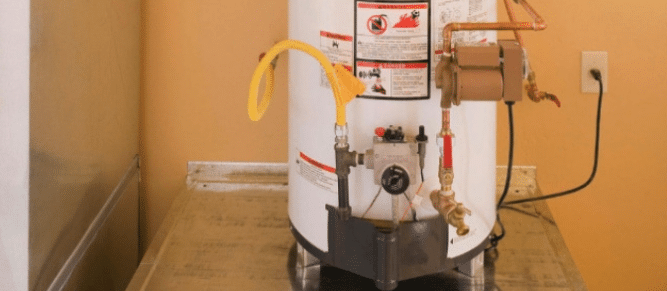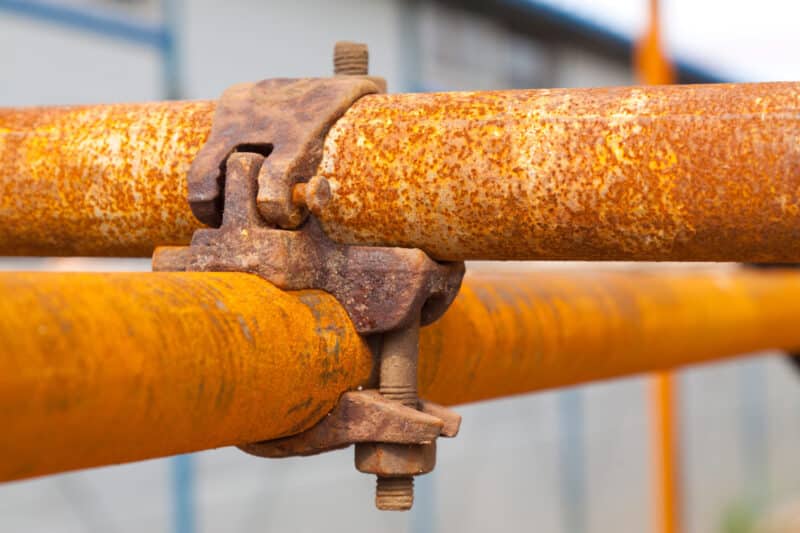Whether you’ve just bought a new house or just upgraded your pipes, you should opt for water quality testing. Most water supplies are complex ecosystems with all sorts of impurities. Various microorganisms and substances may be present that can cause harm or illness. In fact, the U.S. Environmental Protection Agency (EPA) has identified 90 types of contaminants along with acceptable levels of concentration.
Fortunately, there are many types of water quality testing, including for coliform bacteria, dissolve solids, pH, hardness, nitrates, ions (like chloride and sulphate that can cause bad tastes and odors), excessive fluoride, and groundwater contaminants such as pesticides, arsenic, or even uranium.
Top 5 Reasons to Get Water Quality Testing
Knowing Your Water Is Safe To Drink
Laboratory testing is the only sure way to know if your water is safe to drink. Most harmful contaminants aren’t visible. The water may taste fine but harbor dangerous bacteria. Numerous chemicals that can be present as well. Some may lead to immediate sickness or persistent health problems that don’t appear for several years, including digestive, reproductive, and neurological disorders. Many contaminants are even deadly.
Water quality testing is especially important if your water supply comes from a lake or pond. The presence of nutrient rich sediment can affect water quality. And groundwater is much more prone to contamination than sources that lie deep underground.
Track Changes In Water Quality
Periodic water sampling helps determine a baseline value for the contaminants being tested for. Nutrient levels, alkalinity, and conductivity can be tracked over time to identify any imbalances that might mean the water source is unhealthy. Routine testing helps decide what treatment products to use and how to apply them, as treatment requirements may change based on water conditions.
Water quality testing can focus on dissolved oxygen; if levels fall, fish kills can occur. This can provide a look into water quality. Testing is therefore an ongoing process rather than a one-off activity.
Identify The Source Of Contamination
Changes in water quality can occur due to sewage runoff, which may fluctuate depending on weather conditions. A heavy rainstorm can lead to water contamination. Human and animal waste, disinfection byproducts, pipe corrosion, and anti-microbial additives can too. Land use practices, such as livestock or fertilizer use, can impact water quality, as can manufacturing processes like releases of heavy metals.
By knowing what impurities are present, and the types of facilities and activities in your area, you can identify contamination sources. It’s also possible to identify the types of water treatment needed to make water safe for your home.
Determine Whether You Need Water Treatment
As hinted at earlier, you can’t determine water quality through sight and taste alone. Water quality testing can be highly specific, allowing laboratories to identify exact pollutants and their concentrations. Depending on the results, you can know whether you need a water filtration system, water conditioner (if you have hard water with high mineral concentrations), or a water treatment solution that improves purity and quality.
Measure The Effectiveness Of A Treatment Method
It’s also important to know the pH of the water source. Some herbicides and algaecides will only work at certain pH levels. This, in addition to the ability of many harmful substances to grow and multiply, make it important to track how effective a water treatment method is. Water quality can change from one time to another, and one location to another, affecting the efficacy of any specific treatment. Periodic testing after implementing any remediation strategy can therefore keep families and entire communities safe.
Water Quality Services from HomeX Plumbing and Rooter
We know that water quality is as important as the condition of your plumbing system. Serving Anaheim and Southern California, our professional plumbers are skilled at checking your water supply and using a variety of methods to improve water quality. To schedule water quality testing and learn more about what we can offer, call 714-924-3746 today or visit our website!





